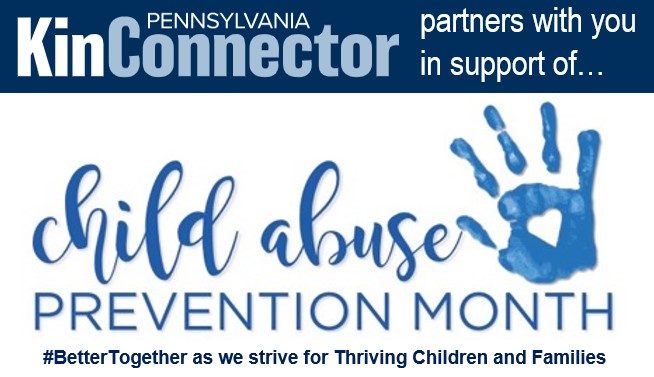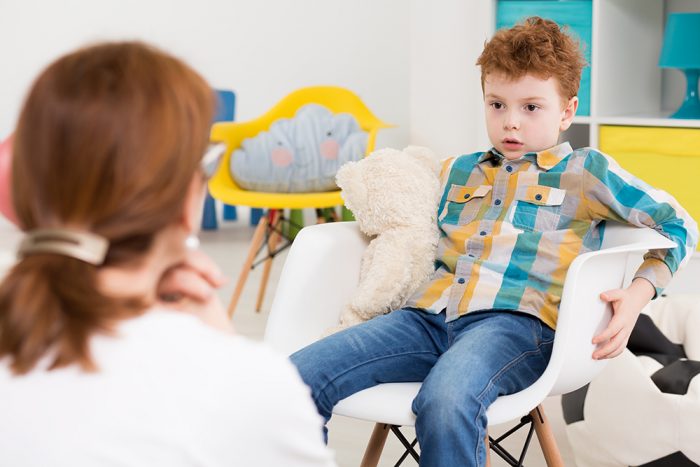To and Through: Creating Conditions that Support Higher Education Success for Youth with Experience in Foster Care
Thursday, May 13, 2021 from 10:00 am–11:30 am EDT
Hear from members of the Pennsylvania Youth Advisory Board (YAB) about their journey to and through higher education. The Pennsylvania YAB is comprised of current and former youth in foster care, ages 14-21. YAB youth leaders educate, advocate, and form partnerships to create positive change in the substitute care system.
This training will feature a moderated panel of YAB alumni that will discuss their experiences transitioning to higher education as well as how educators and child welfare professionals can create conditions that support youth who have experienced foster care to and through higher education. The webinar will also highlight key information pertaining to Pennsylvania’s new Fostering Independence Tuition Waiver Program (FosterEd).
Panelists:
Pennsylvania Youth Advisory Board (YAB) Alumni
Shayla Jones, Youth Quality Improvement Specialist, Pennsylvania Child Welfare Resource Center, School of Social Work, University of Pittsburgh
Teresa Musser, Human Services Program Specialist, Office of Children, Youth and Families, Pennsylvania Department of Human Services
Jillian Schreib, Human Services Program Specialist, Office of Children, Youth and Families, Pennsylvania Department of Human Services
Act 48 and NASW credits are available for those attending the webinar in its entirety.



















